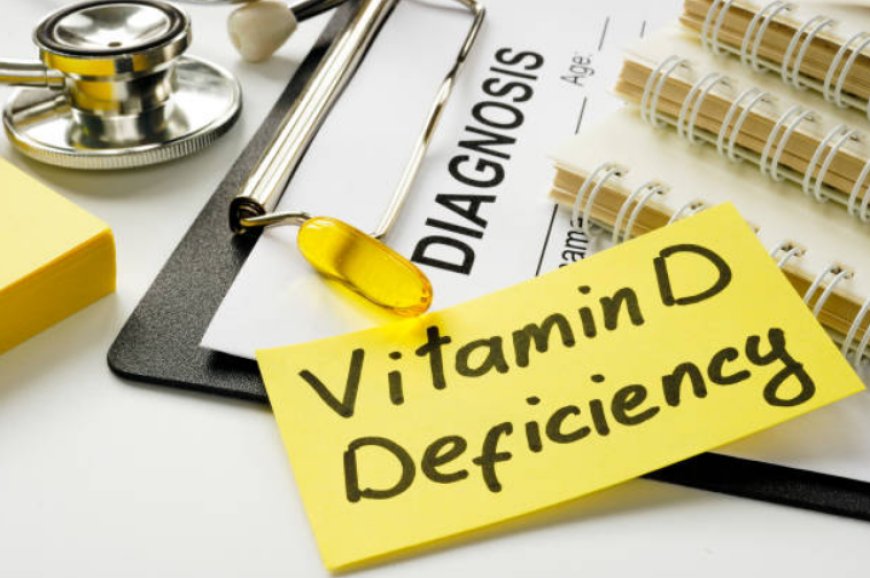Who is most at risk for developing vitamin D deficiency?
From Bone Health to Beyond, Understanding the Impact of Low Vitamin D Levels

A number of factors that impact a person's ability to absorb or synthesize vitamin D put them at risk for developing a deficiency in this crucial nutrient. Below is a summary of some important groups:
Decreased Exposure to Sunlight:
Adults over 65:Older adults are particularly vulnerable as their skin's capacity to produce vitamin D from sunlight diminishes with age.
People with limited sun exposure:Those who are confined to their homes because of illness or disability, work indoors, or reside in areas with little sunlight are more vulnerable.
Those with dark complexion: UVB rays, which are essential for the synthesis of vitamin D, are also absorbed by melanin, the pigment that gives skin its color. Darker skinned people naturally generate less vitamin D from sunlight.
Dietary Considerations:

Those with low vitamin D intake through diet: Dietary sources such as fatty fish, egg yolks, and fortified foods contribute to vitamin D levels, although not as much as sunlight exposure. A person may be at risk if they have restricted diets or limited access to these foods.
Specific health conditions:Syndromes of malabsorption such as Crohn's disease or celiac disease can impede the absorption of vitamin D from food.
Surgical gastric bypass: This surgery may change the digestive tract, which may affect the absorption of vitamin D.
Additional Elements:

Obesity: Vitamin D can be bound by fat tissue, reducing its absorption potential. Obesity increases the likelihood of deficiencies.
Specific drugs: Certain drugs, such as corticosteroids and diuretics, can affect how well the body uses or metabolizes vitamin D.
Chronic illnesses:Disorders like liver or kidney disease can have an impact on vitamin D levels.
It's crucial to remember that these elements frequently interact and raise personal risk. An older adult who consumes little vitamin D-rich food and gets little sun exposure, for instance, is more likely to be affected than someone who has just one of these characteristics.
It is best to speak with a healthcare provider if you have concerns about your vitamin D levels in order to receive a personalized evaluation and suitable recommendations. Based on your unique risk factors and general health, they can measure your vitamin D levels through a blood test and provide advice on dietary changes, sun exposure techniques, or possible supplement needs.





















































